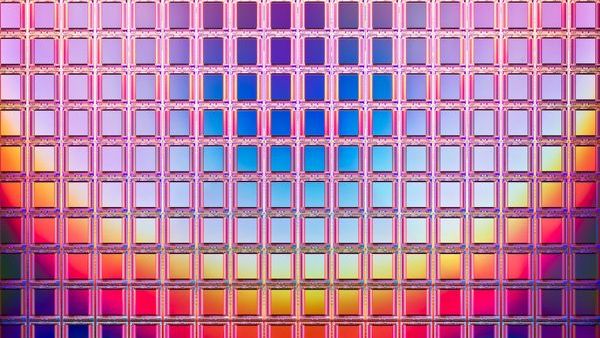Silicon Breakthrough in Quantum Computing
Recent advancements in the field of quantum computing have brought about a groundbreaking discovery – the creation of an enhanced, ultra-pure form of silicon. This silicon variant holds the potential to serve as the cornerstone for the development of highly reliable “silicon-spin qubits” in future quantum computers.
Understanding Quantum Computing
While classical computer bits encode data as either 1 or 0, qubits in quantum computers can exist in a superposition of both states, allowing them to achieve a state of coherence where they can occupy the values of both 1 and 0 simultaneously during computations. Quantum computers have the potential to surpass the capabilities of even the fastest supercomputers in existence, but to achieve this, they would require approximately a million qubits, as indicated by experts.
However, a major challenge faced in quantum computing is the inherent noise within qubits, making them highly susceptible to interference caused by factors such as temperature fluctuations. This necessitates that qubits be cooled to near absolute zero to prevent information loss and operational failures.
The Impact of Silicon Quantum Computing
Qubits are traditionally developed using superconducting metals like tantalum and niobium due to their near-infinite conductivity and resistance. In a recent study published in the journal Nature Communications Materials, researchers proposed harnessing a new, pure form of silicon as the foundation for qubits, which offers scalability far beyond existing technologies.
Utilizing semiconducting materials such as silicon, gallium, or germanium for building qubits presents several advantages over superconducting metal counterparts. These materials offer longer coherence times, cost-effective production, operation at higher temperatures, and superior miniaturization capabilities, enabling a single chip to host numerous qubits. However, impurities in semiconductors have historically caused issues with decoherence, leading to operational unreliability.
Development of Pure Silicon-28 Qubits
The study proposes constructing qubits from silicon-28 (Si-28), regarded as the purest form of silicon after the removal of impurities found in natural silicon. These silicon-based qubits are anticipated to exhibit increased resilience against failures and can be fabricated to miniature sizes.
Natural silicon comprises three isotopes – Si-28, Si-29, and Si-30. While natural silicon is suitable for conventional computing due to its metalloid properties, challenges arise in quantum computing due to decoherence caused by Si-29, which constitutes 5% of natural silicon. The study addresses this issue by developing a technique to engineer silicon devoid of Si-29 and Si-30 atoms.
Future Prospects for Quantum Computing
The creation of ultra-pure silicon-28 represents a significant advancement in the quest for silicon-based quantum computing. It lays the groundwork for the construction of quantum computers using methodologies akin to classical electronic chip manufacturing, enabling the rapid scaling of qubit counts to millions within a single device.
Researchers emphasize that silicon-based qubits can be effortlessly produced using existing chip fabrication techniques, streamlining the process of reaching the million-qubit milestone. The exceptional purity of silicon-28 sets a new standard for silicon-based qubits, as validated through rigorous microscopy evaluations.
In conclusion, the ability to produce extremely pure silicon-28 marks an essential milestone towards the realization of highly efficient quantum computers. The potential to sustain quantum coherence across multiple qubits simultaneously signifies a promising future for quantum computing, with the capability to outperform today’s supercomputers for various applications.
Image/Photo credit: source url





